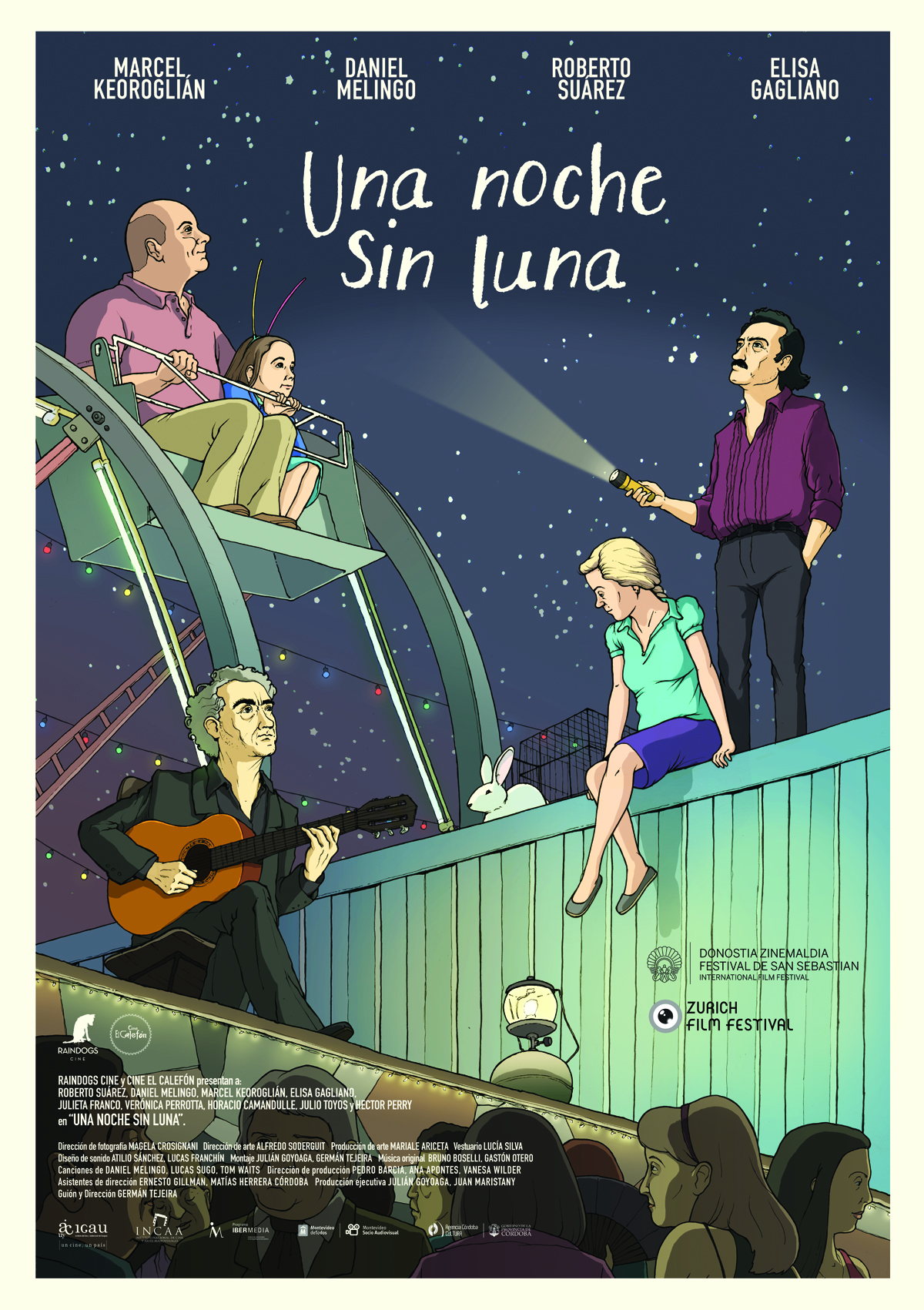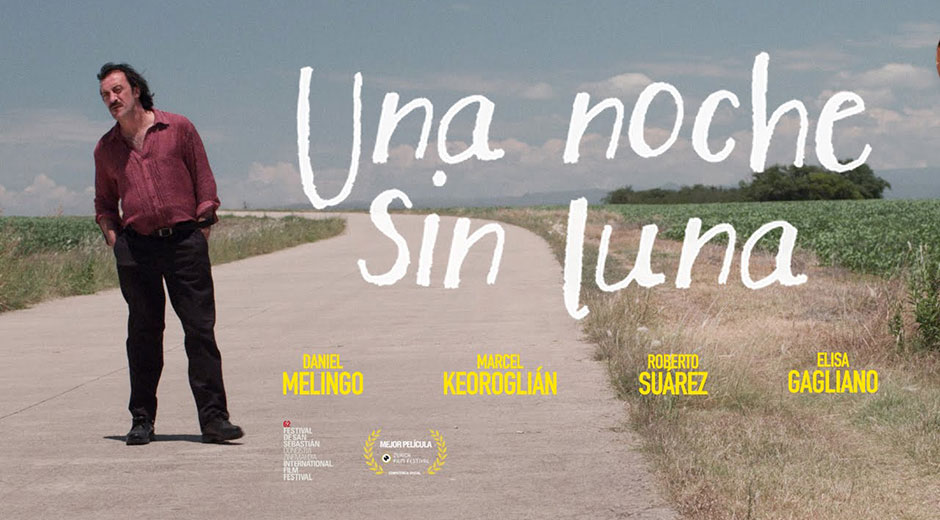Interview: Germán Tejeira on 'A Moonless Night,' Uruguay's Oscar Submission
 Tuesday, November 10, 2015 at 11:00AM
Tuesday, November 10, 2015 at 11:00AM  Jose here. When I scheduled my interview with director Germán Tejeira who is based in Montevideo, I hadn’t been counting on the internet being unaware that Uruguay had gotten rid of their own Daylight Savings Time, a practice which was deemed “old fashioned” and “inefficient” by the progressive government. We had to reschedule the interview, but Tejeira was kind enough to laugh the confusion off and even sent me an article which explained how this new practice had brought chaos within his own country. It was an anecdote I found peculiarly surreal, something out of a movie perhaps, and one that for that matter reminded me of Tejeira’s own A Moonless Night, a charming account of three men trying to find their, existential, way in the Uruguayan countryside during New Year’s Eve.
Jose here. When I scheduled my interview with director Germán Tejeira who is based in Montevideo, I hadn’t been counting on the internet being unaware that Uruguay had gotten rid of their own Daylight Savings Time, a practice which was deemed “old fashioned” and “inefficient” by the progressive government. We had to reschedule the interview, but Tejeira was kind enough to laugh the confusion off and even sent me an article which explained how this new practice had brought chaos within his own country. It was an anecdote I found peculiarly surreal, something out of a movie perhaps, and one that for that matter reminded me of Tejeira’s own A Moonless Night, a charming account of three men trying to find their, existential, way in the Uruguayan countryside during New Year’s Eve.
Cesar (Marcel Keroglian) is a cab driver spending the holiday with his ex-wife’s new family, Antonio (Roberto Suarez) is a magician en route to a presentation whose car breaks down stranding him and his rabbit Oliver, Molgota (Daniel Melingo) is a singer released from jail a day earlier so he can perform at a New Year’s party. Their routine is altered by a blackout, but to say their stories cross paths in a traditional way would be a disservice to Tejeira’s lovely screenplay, and his perceptive direction. The film has been selected as Uruguay’s Oscar representative and I discussed that with the director, as well as his perception of what films should provoke in spectators, and whether Uruguay has a well defined “cinematic identity”.
Read the interview after the jump...

 Directors,
Directors,  German Tejeira,
German Tejeira,  Oscars (15),
Oscars (15),  Uruguay,
Uruguay,  foreign films,
foreign films,  interview
interview 

